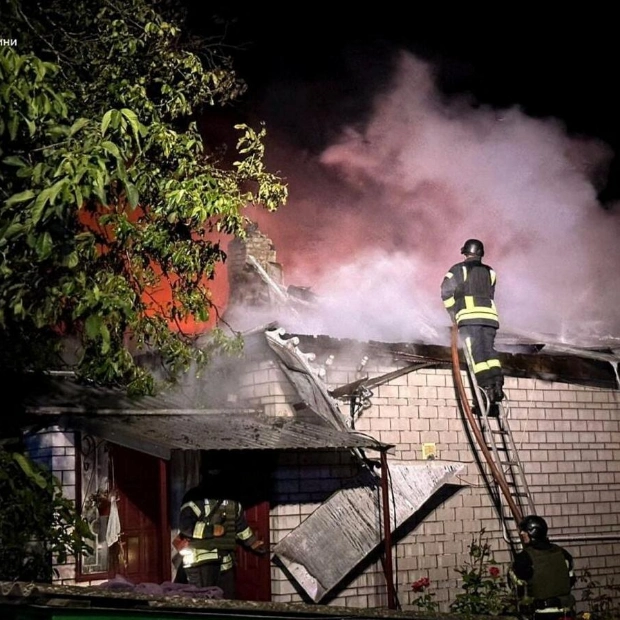Last year, Toyota encountered issues with Japan's Ministry of Land, Infrastructure, Transport, and Tourism (MLIT) due to discrepancies in its vehicle certification process. Specifically, certain procedures for certifying new Toyota vehicles did not align with the official requirements set by Japan. This situation became evident in 2023 when modifications were discovered in some Daihatsu models to enhance test results.
Toyota has now presented a detailed report outlining its corrective actions. The plan involves the Chief Technology Officer and the Global Chief Quality Officer jointly overseeing the certification process. The technology executive will handle decisions during vehicle development, while the quality executive will have the ultimate authority for certification. Enhanced communication channels at all levels are intended to improve clarity on necessary actions. Additionally, the Legal Supervisor will review the processes and report to the Chief Risk Officer as a secondary safeguard.
Toyota's plan includes numerous new regulations, methods, and increased accountability throughout the certification process. The company has admitted to managerial shortcomings and is committed to improvement. Toyota acknowledges that management involvement in certification operations was insufficient and that there is room for enhancement in foundational aspects such as data management and rule clarity. The company will reassess its mechanisms and systems to ensure proper certification operations, detect anomalies, and respond swiftly through collaborative efforts between management and on-site personnel.
Initially, irregularities were noted in Daihatsu, a subsidiary of the Toyota Group, but these issues later affected popular models like the Yaris Cross, Corolla Axio, and Corolla Fielder in Japan. Production was temporarily suspended earlier this year and is expected to resume in September.






